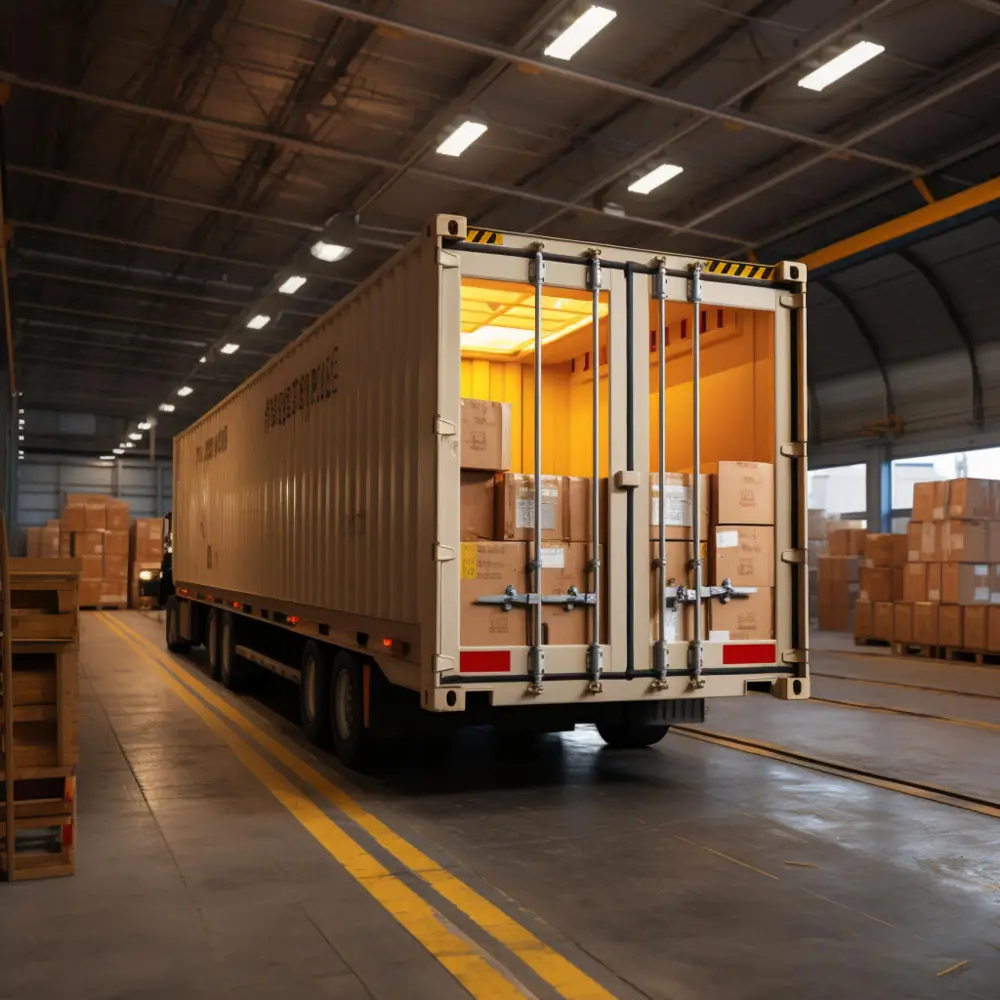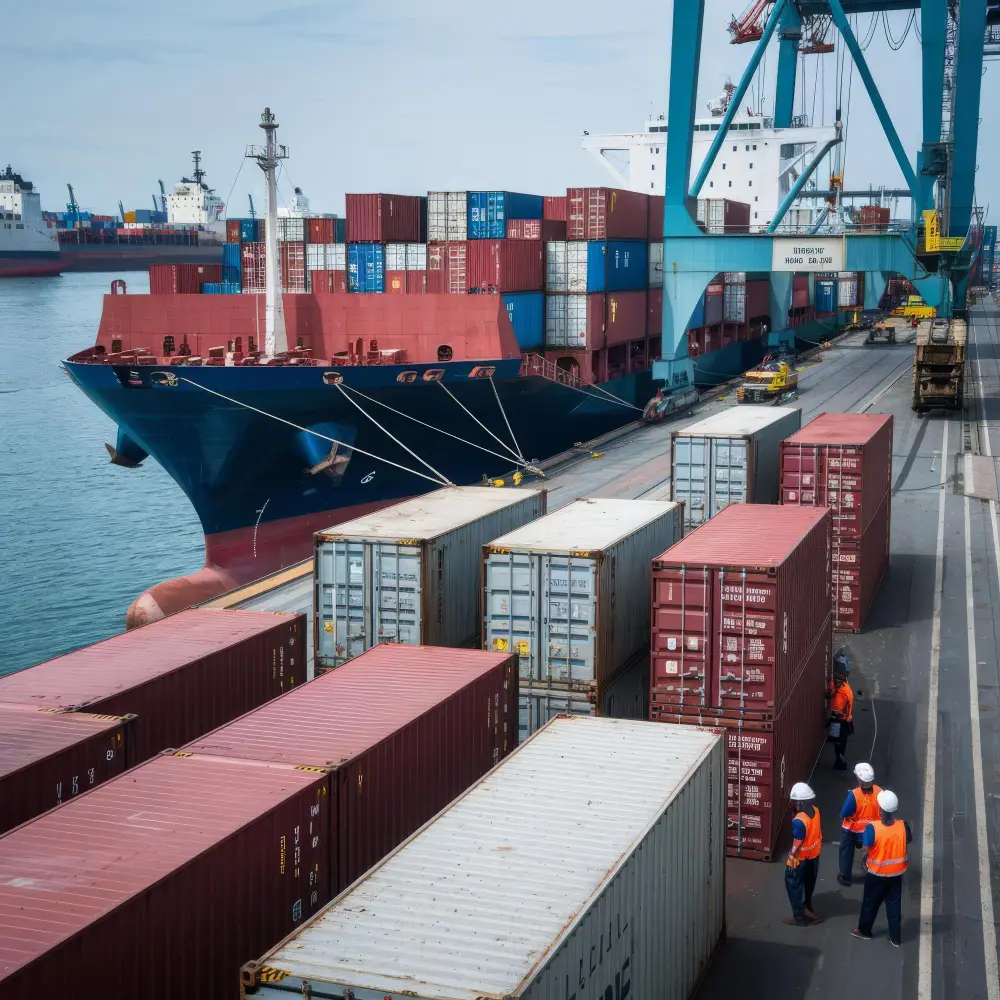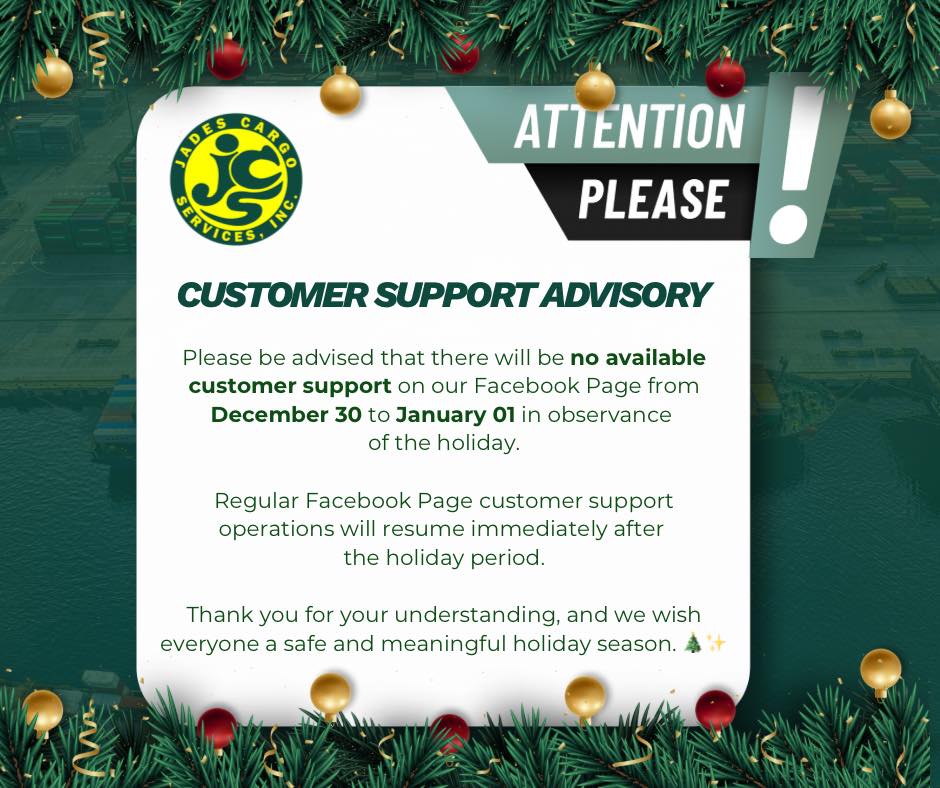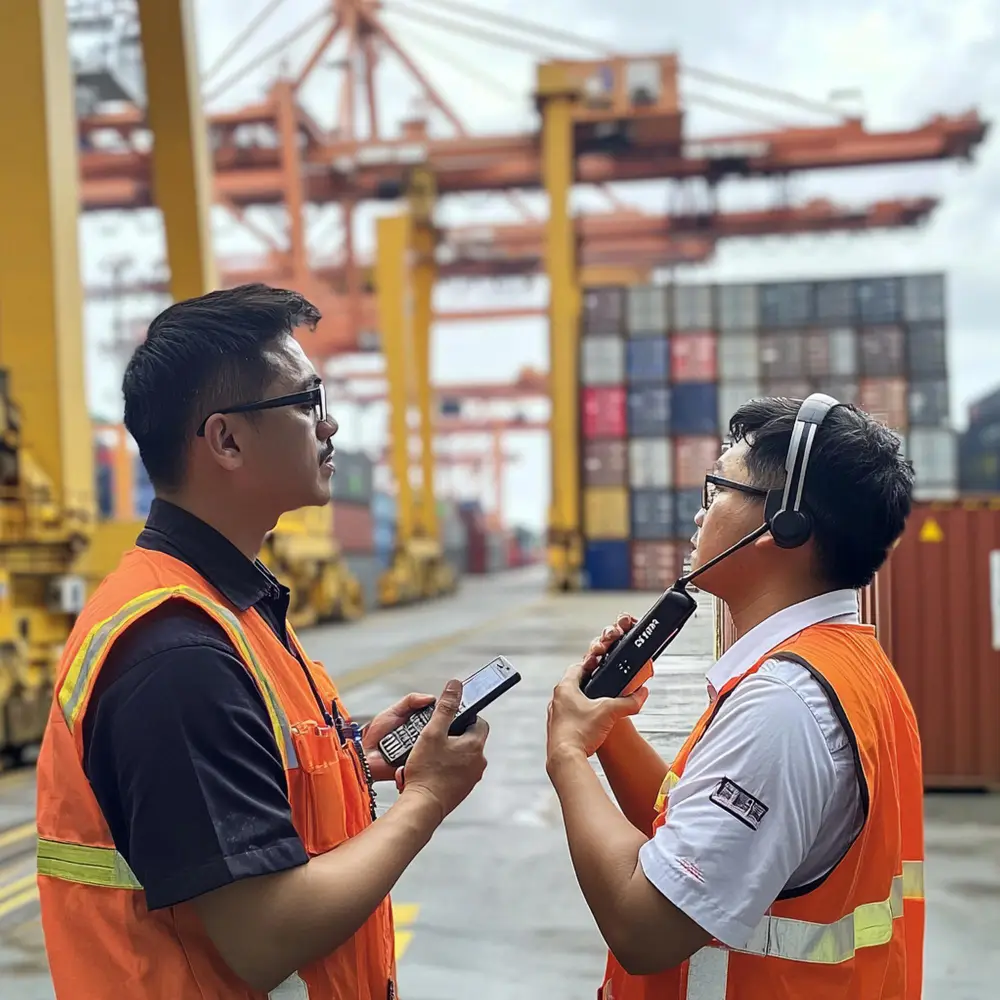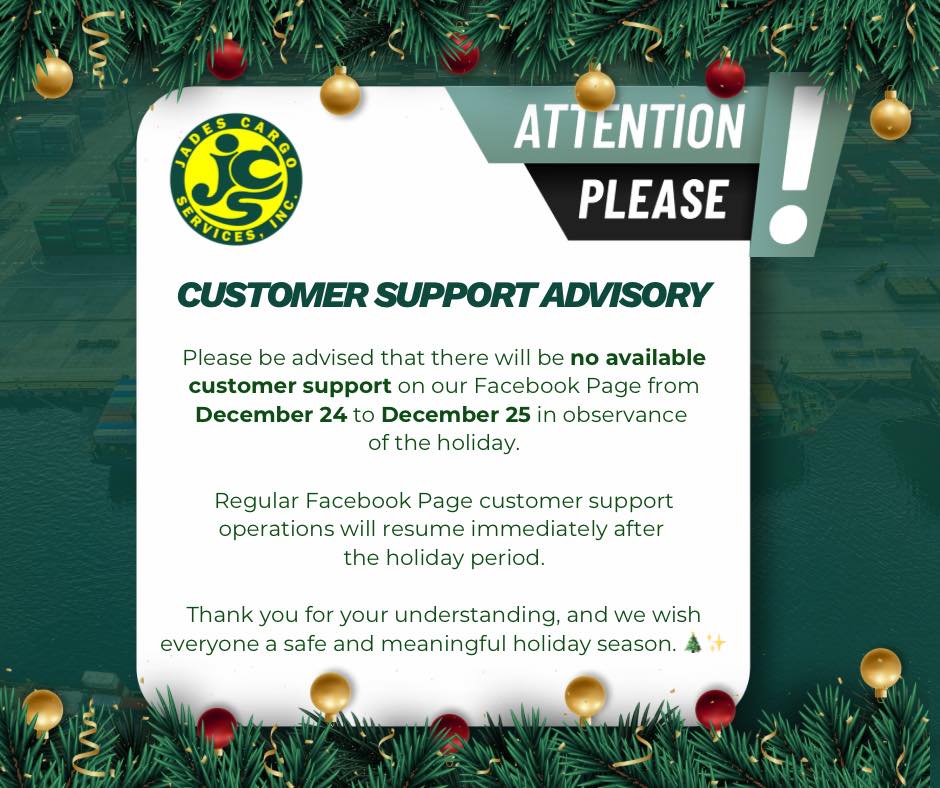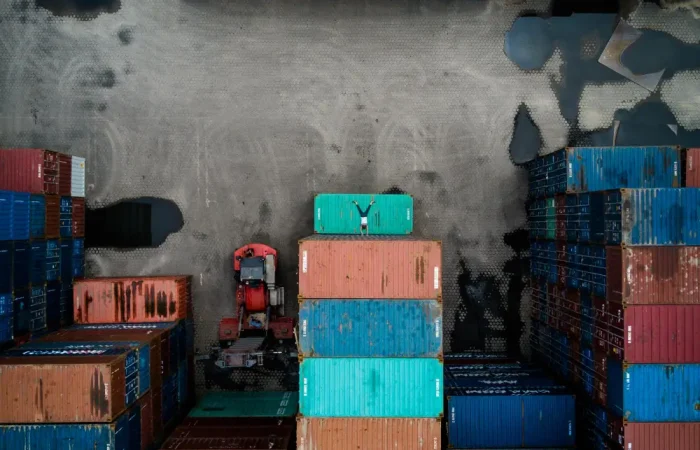
The Rising Earthquake Risk in the Philippines
The Philippines sits along the Pacific Ring of Fire, making it one of the world’s most earthquake-prone countries. Each year, the country experiences hundreds of seismic events—some minor, others catastrophic. While most people associate earthquake damage with homes and buildings, shipping companies also face serious risks during these natural disasters. From port disruptions to cargo loss, an earthquake can have far-reaching effects on logistics operations.
For companies like Jades Cargo Services Inc., understanding these risks and implementing strong preventive measures is crucial to maintaining business continuity and customer trust.
How Earthquakes Affect Shipping Operations in the Philippines
When an earthquake strikes, its impact extends far beyond land-based structures. For shipping companies, disruptions can occur at multiple levels—from port operations to cargo handling and delivery schedules. Below are some key effects:
1. Port and Infrastructure Damage
Ports such as Manila, Cebu, and Davao are vital trade gateways. However, an earthquake can damage docks, cranes, and storage facilities, delaying shipments and increasing demurrage costs. Shipping companies relying on these ports must have contingency plans in place.
2. Cargo Loss or Damage
Even minor tremors can shift stacked containers or cause warehouse structures to collapse. Without proper cargo securing methods, valuable goods can be damaged or lost entirely.
3. Communication and Coordination Disruptions
After a major quake, communication lines may go down. This makes it difficult for shipping companies to coordinate with ports, truckers, and clients, leading to logistical chaos.
4. Delayed Deliveries and Business Interruptions
Transportation routes may become impassable due to damaged roads, bridges, or landslides. Such scenarios delay shipments and create backlogs, ultimately affecting customer satisfaction and company reputation.
Why Shipping Companies Must Prepare for Earthquakes
In a disaster-prone country like the Philippines, disaster preparedness isn’t optional—it’s a business imperative. The logistics and maritime sectors form the backbone of the country’s trade and economy. When an earthquake disrupts operations, it creates ripple effects across industries that depend on timely deliveries.
For shipping companies, earthquake preparedness ensures:
- Cargo safety and client satisfaction
- Operational continuity even amid disasters
- Financial protection from potential losses
- Regulatory compliance with maritime safety standards
By adopting earthquake preparedness strategies, companies like Jades Cargo Services Inc. not only protect cargo but also strengthen their position as reliable logistics partners.

Steps Shipping Companies Can Take to Protect Cargo During Earthquakes
Earthquakes are unpredictable, but preparedness can significantly reduce risks. Here are key steps shipping companies can take to safeguard their cargo and operations:
1. Conduct Earthquake Risk Assessments
Before any preventive action can be taken, companies should first assess which facilities and routes are most vulnerable. This includes evaluating warehouse structures, container yards, and inland routes. Jades Cargo Services Inc., for instance, integrates risk analysis into its logistics planning to identify high-risk zones and create customized contingency measures.
2. Secure and Reinforce Storage Facilities
Warehouse safety is critical. Shipping companies should ensure that storage facilities have reinforced foundations and seismic-resistant shelving systems. Containers must be properly stacked and anchored to prevent collapse during tremors.
3. Implement Cargo Securing Standards
Inside containers and vehicles, cargo should be secured using appropriate lashings, braces, and padding. This minimizes shifting or tipping during strong ground motion. Following international cargo securing codes, such as the IMO’s Code of Safe Practice for Cargo Stowage and Securing, helps ensure safety compliance.
4. Develop Earthquake-Response Protocols
Every employee, from port personnel to drivers, should know what to do before, during, and after an earthquake. Shipping companies can conduct regular earthquake drills and simulations to prepare teams for real-life scenarios.
5. Invest in Real-Time Monitoring and Communication Systems
Earthquake alerts and GPS-based tracking systems allow shipping firms to monitor vessel and cargo locations in real time. With reliable communication channels, shipping companies can immediately reroute shipments or suspend operations in affected areas.
6. Build Partnerships with Local Authorities and Ports
Strong collaboration with port authorities, logistics partners, and local emergency units ensures rapid response and recovery. Jades Cargo Services Inc. emphasizes close coordination with port management teams to enable quick action when an earthquake occurs.
7. Obtain Comprehensive Insurance Coverage
Even with the best precautions, damages can still occur. Therefore, shipping companies must secure comprehensive insurance that covers earthquake-related losses, including cargo, equipment, and infrastructure. This provides financial security and helps expedite recovery.
How Jades Cargo Services Inc. Ensures Cargo Safety During Natural Disasters
As one of the trusted shipping companies in the Philippines, Jades Cargo Services Inc. prioritizes cargo safety and operational resilience. The company integrates disaster preparedness into every aspect of its logistics process—from planning to execution.
Here’s how Jades Cargo stays ready:
- Structural Safety Compliance: Warehouses and handling facilities are inspected and reinforced to withstand seismic activity.
- Employee Training: Staff undergo regular safety drills to ensure quick, coordinated responses.
- Technology Integration: The company uses tracking systems to monitor shipments and respond quickly to route disruptions.
- Insurance Partnerships: Comprehensive insurance policies protect both the company and its clients against unforeseen losses.
Through these proactive measures, Jades Cargo Services Inc. demonstrates how shipping companies can maintain reliability and customer confidence even during natural disasters.
The Role of Technology in Earthquake Preparedness
Modern shipping companies can leverage technology to enhance safety and disaster response. Tools like GIS (Geographic Information Systems), AI-powered route optimization, and seismic alert apps provide critical data that helps in decision-making.
For example:
- Predictive Analytics can forecast the impact of earthquakes on specific routes.
- IoT Sensors in warehouses can detect abnormal vibrations and trigger automatic shutdowns.
- Cloud-Based Communication Platforms allow seamless coordination between teams, clients, and ports during emergencies.
By adopting these technologies, companies can minimize disruptions and protect valuable cargo more efficiently.
Building Earthquake-Ready Shipping Operations
The Philippines’ geographic reality makes earthquake preparedness a long-term business necessity for shipping companies. Whether it’s through infrastructure reinforcement, cargo securing protocols, or digital monitoring systems, the goal is clear: protect lives, cargo, and business continuity.
Jades Cargo Services Inc. continues to set a strong example in the logistics industry by prioritizing safety, reliability, and proactive disaster management. By taking the right steps today, shipping companies can ensure smoother, safer operations even in the face of nature’s most unpredictable challenges.






